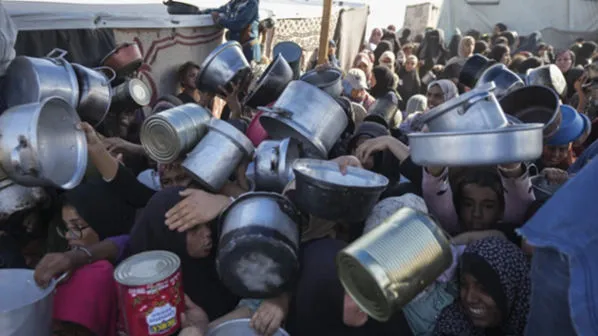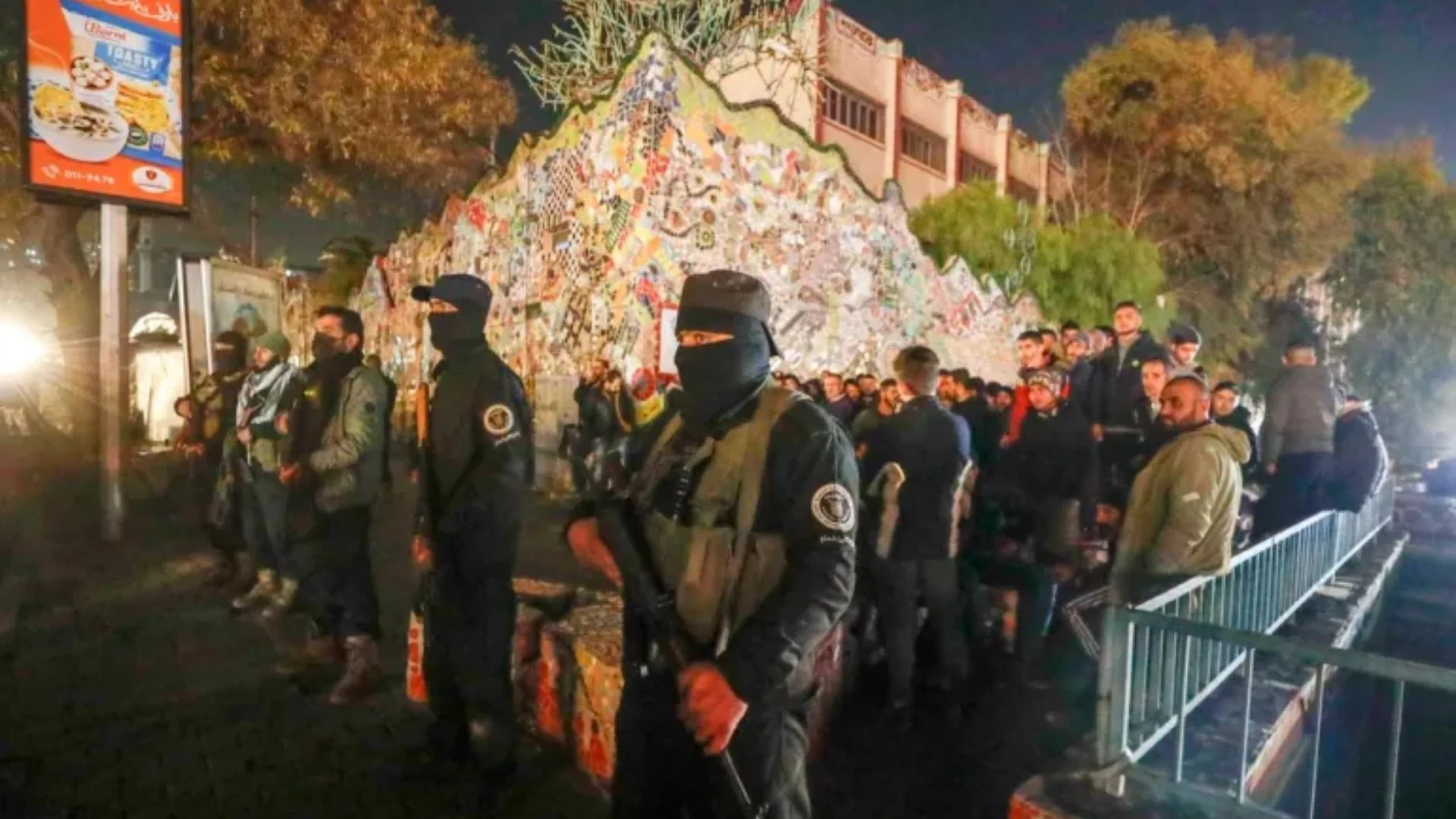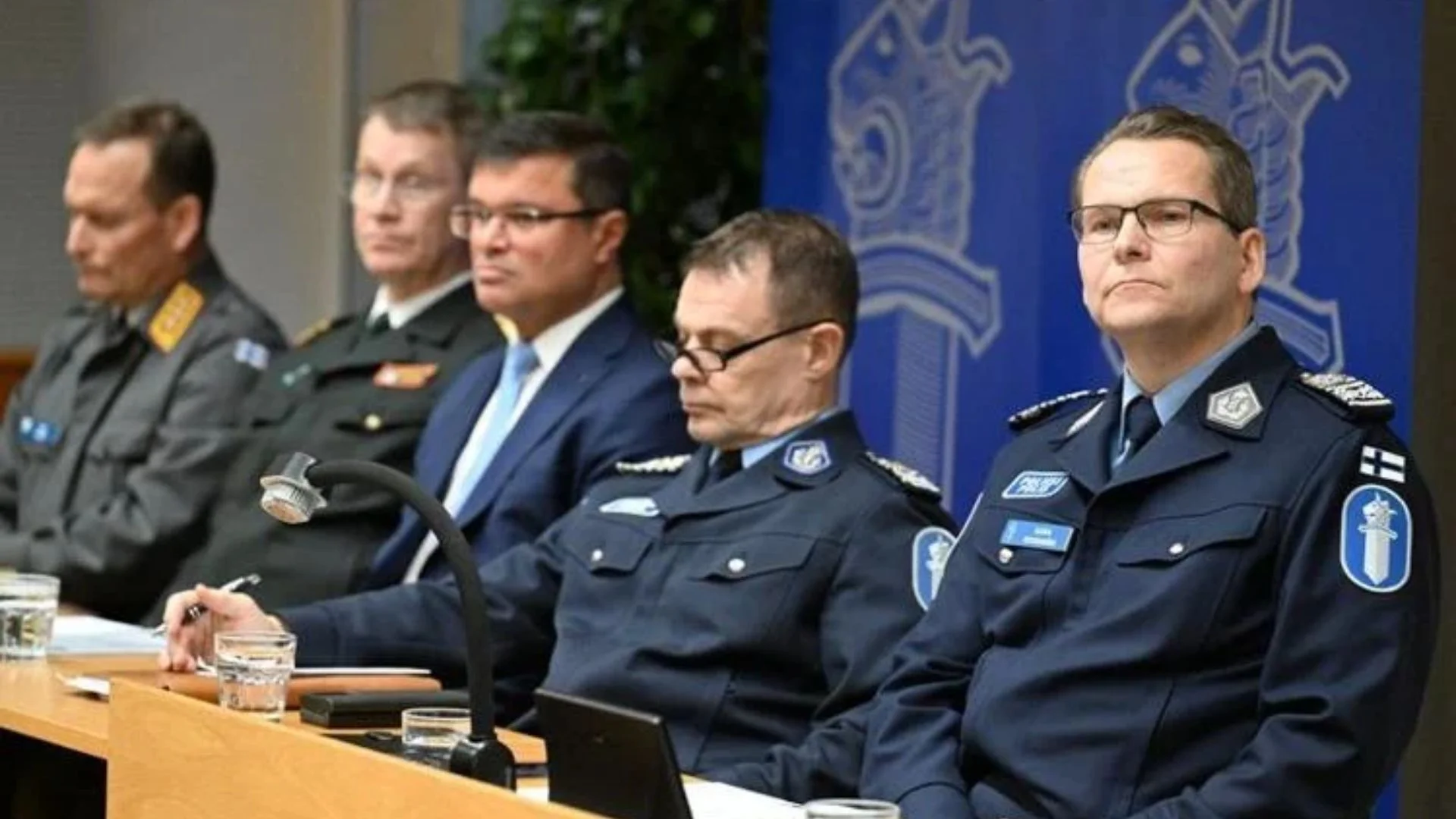A global food monitoring organization, the Famine Early Warning System (FEWS), retracted its warning about an impending famine in northern Gaza. The move followed a request from the U.S. government, which had criticized the report. U.S. Ambassador to Israel, Jacob Lew, called the warning “irresponsible” and based on outdated data.
U.S. Disagreement with FEWS
The U.S. challenged the findings of the FEWS report, claiming that it did not reflect the rapidly changing conditions in Gaza. The report had cited Israel’s “near-total blockade” and predicted that starvation-related deaths could increase in the region. As a result, FEWS announced it would revise the report and release updated data in January.
Political Interference Concerns
The retraction of the report sparked concerns among aid and human rights organizations. Critics accused the U.S. of using political influence to interfere with FEWS’s independent, data-driven work. These organizations emphasized that the accuracy of the data should not be compromised for political reasons.
Ongoing Humanitarian Crisis
The humanitarian situation in Gaza remains dire, with aid organizations pushing for unrestricted access to the region. Despite claims from Israel that food aid is being blocked by international agencies, humanitarian groups argue that Israeli restrictions and ongoing conflict are the main barriers to aid delivery. The U.S. and Israel continue to face pressure to provide better access to food and resources for Gaza’s civilians.






















